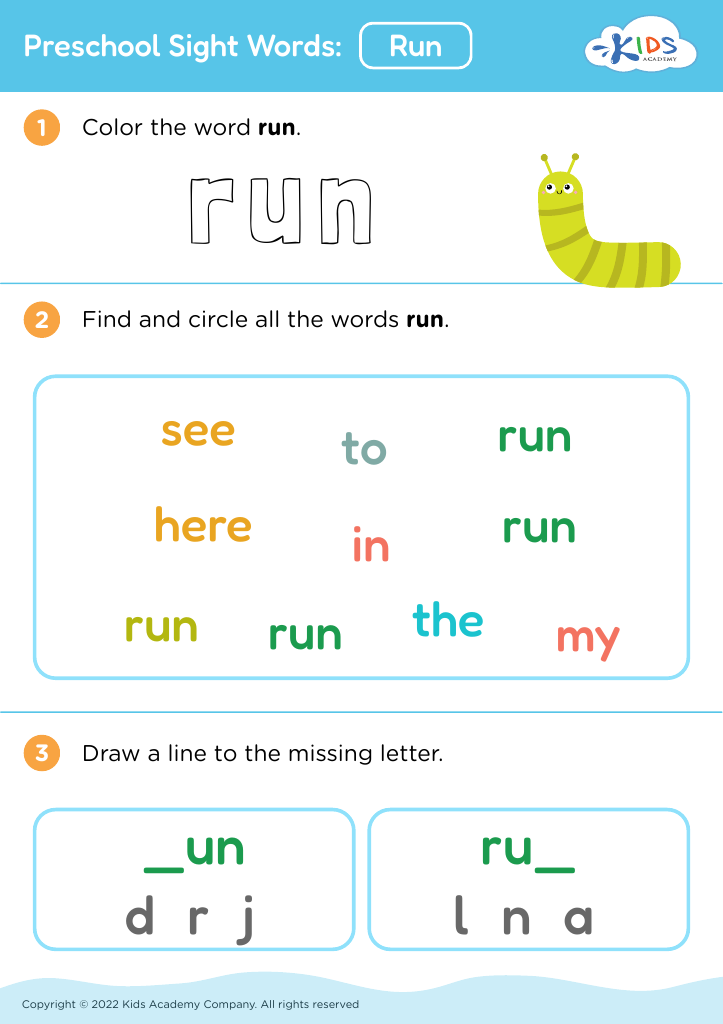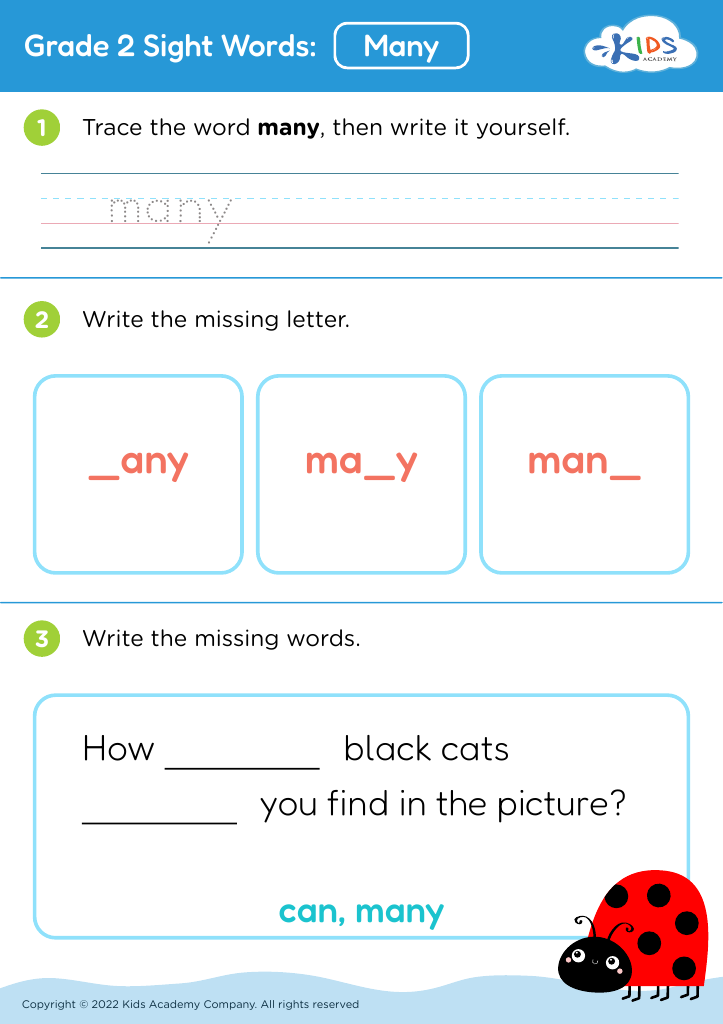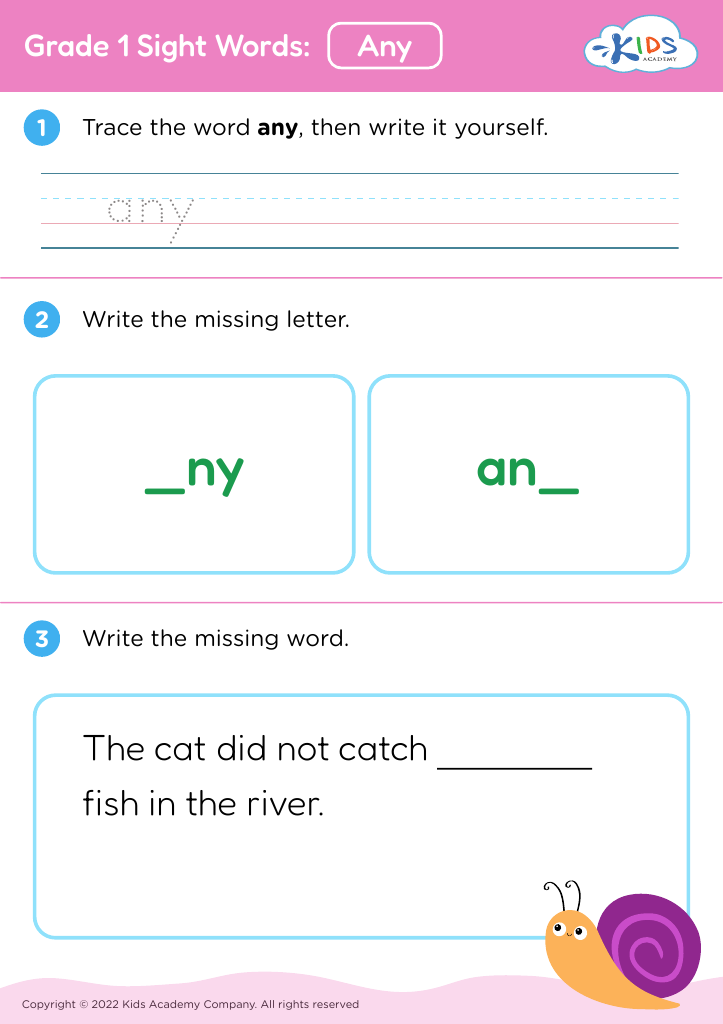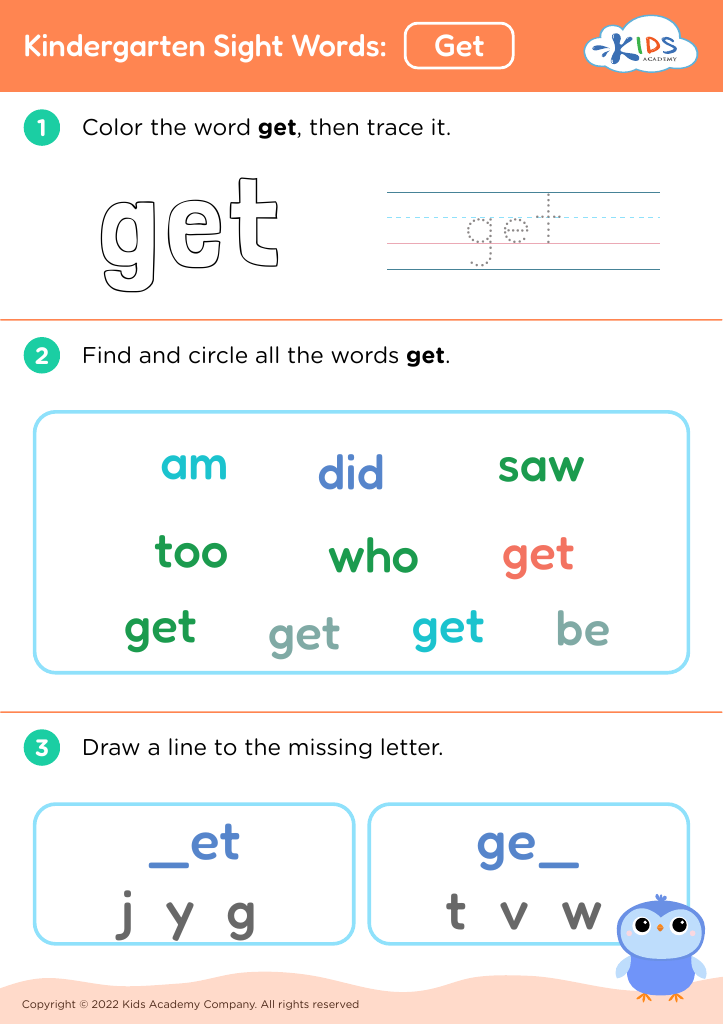Fraction simplification Reading Worksheets for Ages 5-7
12 filtered results
-
From - To
Our "Fraction Simplification Reading Worksheets" for ages 5-7 are designed to make learning fractions both engaging and fun! These interactive worksheets help young learners enhance their math skills by simplifying fractions through colorful visuals and easy-to-follow examples. Each worksheet encourages students to read and understand basic fraction concepts while practicing their simplification techniques. With clear instructions and appealing themes, kids will develop confidence in their abilities and a solid foundation in mathematics. Perfect for home or classroom use, these worksheets inspire curiosity and promote a love for learning. Dive into the world of fractions and watch young minds grow!
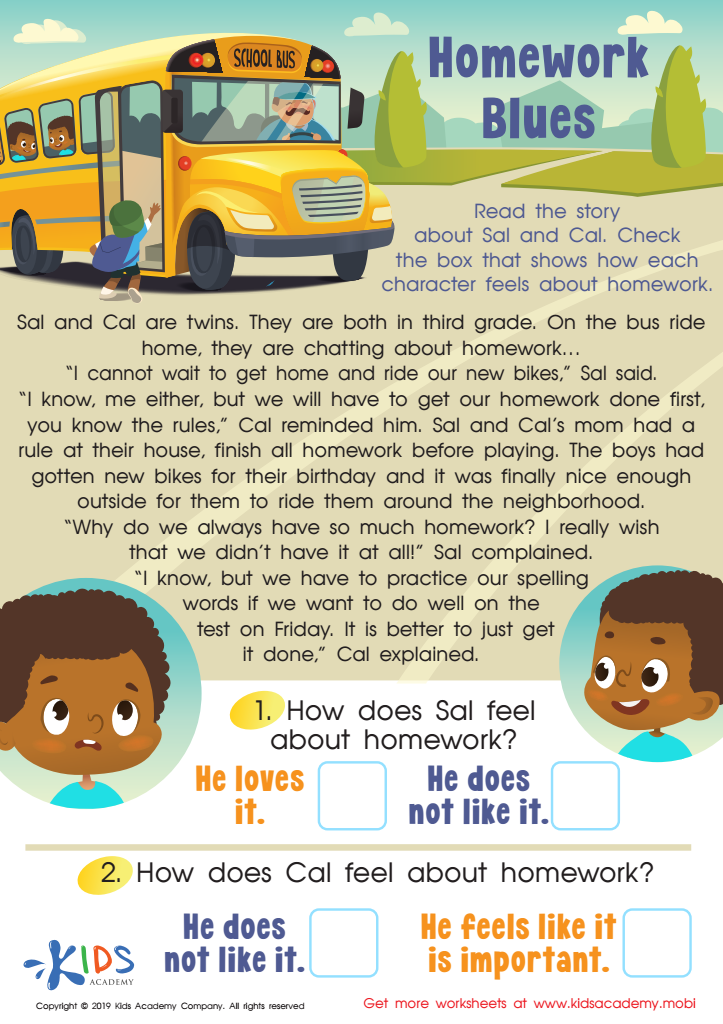

Homework Blues Worksheet
Understanding fraction simplification is crucial as early mathematical skills lay the foundation for later learning. For children aged 5-7, engaging with concepts of fractions offers a gateway to essential numeracy skills. Recognizing that fractions represent parts of a whole helps children grasp relationships between numbers, promoting critical thinking. Simplifying fractions enhances this understanding by showing that different fractions can represent the same value, fostering cognitive flexibility.
Furthermore, early exposure to fraction simplification can boost confidence in young learners. As teachers or parents guide children through hands-on activities and visual aids like pie charts or fraction circles, they make abstract concepts tangible. This concrete representation helps solidify understanding, making math less intimidating.
In addition, fraction simplification encourages problem-solving. Children learn to identify relationships between numbers, which is not only crucial for math but also for real-life situations, such as cooking or sharing. The skills developed during these formative years create a reliable basis for future mathematical concepts and promote a lifelong positive attitude towards math.
Overall, investing time in teaching fraction simplification empowers children, nurtures their arithmetic skills, and fosters a positive, engaged attitude towards mathematics.
 Assign to My Students
Assign to My Students


